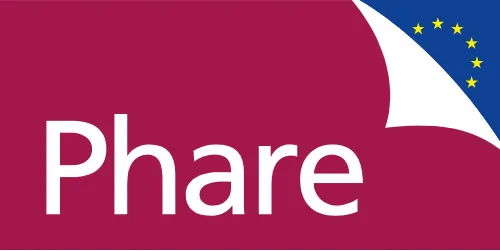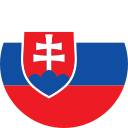
PHARE

The Small Project Fund was initiated under the Poland-Germany Phare 1995 Cross-Border Cooperation Program. Initially, the Fund covered four Euroregions on the Polish-German border. However, in the next few years, thanks to the creation of new programs by the European Commission, the Fund covered Euroregions on all Polish borders. The nature and amount of project co-financing depended, inter alia, on on the position of the euroregion. Some Euroregions, due to their location, use two programs, eg Euroregion Pomerania, both from the German program and from the Baltic Sea Region Program. Similarly, two programs are used by the Baltic, Niemen, Carpathian and Nysa Euroregions.
According to the guidelines of the European Commission, SPF funds are intended mainly for the creation of "cross-border ties and connections of an interpersonal nature". The EU subsidy is intended for projects whose value does not exceed EUR 50,000 in co-financing and which are related to the organization of seminars, workshops, training, including language training, the creation of cross-border social and economic institutions, support for youth exchanges, and the development of tourism. SPF finances projects resulting from the cooperation of local government units and non-profit organizations with partners on the other side of the border. All projects financed by the Fund must comply with the general principles of the Phare CBC program and the Fund's Guidelines. The cross-border effect of implemented projects is particularly important. Thanks to the projects financed by the Fund, people on both sides of the border have the opportunity to meet, exchange experiences and build positive relations.
FMP goals
- cultural exchange,
- development of local democracy,
- human resource development,
- cross-border studies and development concepts,
- economic development and tourism of border areas.
The support scheme is intermediate between large investment projects and the Small Project Fund covering "soft", non-infrastructural projects. Some of the projects under the Support Scheme are of an investment nature and are supervised by the Environmental Protection Team, while the remainder are "soft" institutional projects, implemented by the Regional Development Team. The value of co-financing of individual projects ranges from 50,000 to 300,000 EUR. Currently, in the 2002 and 2003 editions, the Support Scheme is implemented only in the Baltic Sea Region.
The support scheme is intermediate between large investment projects and the Small Project Fund covering "soft", non-infrastructural projects. Some of the projects under the Support Scheme are of an investment nature and are supervised by the Environmental Protection Team, while the remainder are "soft" institutional projects, implemented by the Regional Development Team. The value of co-financing of individual projects ranges from 50,000 to 300,000 EUR. Currently, in the 2002 and 2003 editions, the Support Scheme is implemented only in the Baltic Sea Region.
The Support Scheme is in line with the following program objectives (in line with the Joint Programming Document - JPD):
General goals:
- Promotion of the creation and development of new cooperation networks; support for the existing cooperation networks on both sides of the border. Establishing links between the above-mentioned networks and community networks in order to improve living standards, counteract problems related to the development of border regions of Central and Eastern Europe, thus ensuring sustainable development and integration of Europe.
- Support for activities that have an impact on socio-economic cohesion in the border regions of Central and Eastern Europe, thus making the process of preparing candidate countries to join the European Union more effective.
Immediate goals:
- encouraging the intensification of cross-border cooperation as a mechanism to maximize the potential of economic growth in the border regions of Central and Eastern Europe, with particular emphasis on the Baltic Sea Region
- support for joint planning processes and institution building of cross-border, interregional and trans-national cooperation structures in border regions
- protection and improvement of the environment, energy efficiency and renewable energy sources, especially those that have an impact on local living conditions, the development of recreation and entrepreneurship; reduction of the level of environmental pollution, especially in relation to the Baltic Sea and water reservoirs of a transboundary nature
- improving communication, transport and infrastructure connections within border regions and their links with trans-European networks
- support for the production sector, especially small and medium-sized enterprises, by creating conditions conducive to the development of entrepreneurship; removing obstacles to trade cooperation in the Baltic Sea Region
- increasing the efficiency of human resources in border regions by enabling cooperation in the field of research, technological development and education.







